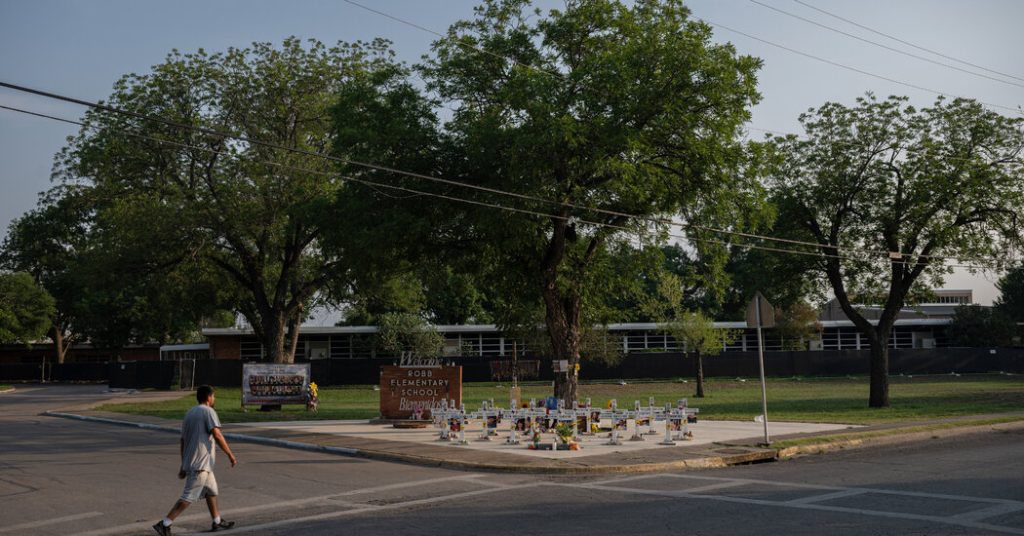The families of schoolchildren who were victims of a mass shooting at Robb Elementary School in 2022 have filed two lawsuits accusing Instagram, the publisher of the popular “Call of Duty” video game, and a manufacturer of semiautomatic rifles of aiding in training and equipping the teenage gunman who committed the massacre. The lawsuits emphasize the role played by these companies in “grooming” the teenager to become a mass shooter. These suits are significant in light of the increasing number of mass shootings in the United States and seek to hold companies accountable for their involvement in such tragedies.
The lawsuits target the video game maker Activision, the gun maker Daniel Defense, as well as social media companies like Microsoft, the parent company of Activision, and Meta, the parent company of Instagram. The suits argue that without the collaboration of these companies, the socially isolated teenager who committed the shooting in Uvalde, Texas, would not have been able to connect with the gun maker or access the weapons used in the attack. The families are represented by lawyer Josh Koskoff, who has previously challenged gunmakers over mass shootings and reached a settlement with Remington over a similar case.
The lawsuits face significant legal challenges due to federal laws that have insulated online platforms from suits over content posted by others and granted gun makers broad protection from liability in shootings. However, exceptions in these laws were successfully used by Mr. Koskoff in the Sandy Hook lawsuit. The Uvalde families focus on the marketing strategies used by video game makers and social media platforms to promote weapons, linking them to the real-world violence perpetrated by mass shooters. The cases highlight licensing agreements between gun manufacturers and video game makers, emphasizing the role of violent first-person shooter games as a form of advertising for firearms.
The families allege that the video game “Call of Duty” allowed players to try out realistic simulations of recognizable real-world firearms, with a recent version featuring a rifle model sold by Daniel Defense that was used in the shooting. Instagram allowed the gun maker to promote its products through social media even though firearms advertising is formally banned on the platform. The suits argue that social media companies facilitate direct marketing of firearms to children through “organic” content and social media influencers. These cases represent some of the first attempts to link social media companies to mass shootings, focusing on their role in addicting and radicalizing potential shooters.
The lawsuit against Daniel Defense in Texas accuses the company of violating state law by offering to sell the gunman a weapon before he turned 18. The company used aggressive advertising strategies to connect with new customers through social media and video games, such as “Call of Duty.” Purchasing the rifle on his 18th birthday, the Uvalde gunman reportedly developed an obsession with weapons and accessories associated with the game, using Instagram habitually and researching the specific model he would use in the massacre. The families seek to hold these companies accountable for their roles in contributing to the tragic events at Robb Elementary School and to prevent similar incidents in the future.
The intersection of social media, video games, and gun culture has increasingly drawn the attention of gun-control advocates, who aim to limit the promotion of firearms through these platforms. Lawsuits linking video game makers, gun manufacturers, and social media companies to mass shootings challenge the current legal protections enjoyed by these industries. By emphasizing the influence of technology and social media on potential shooters, these cases raise questions about accountability and responsibility in preventing gun violence in the United States.


